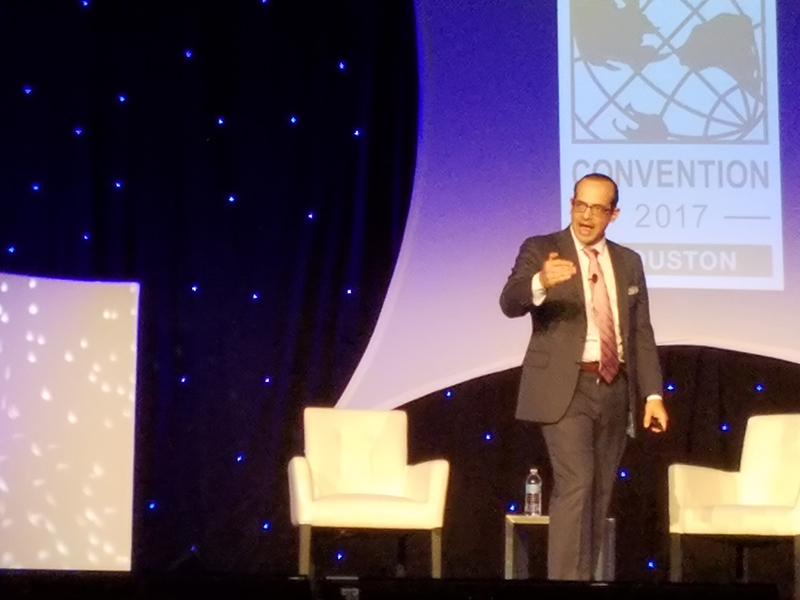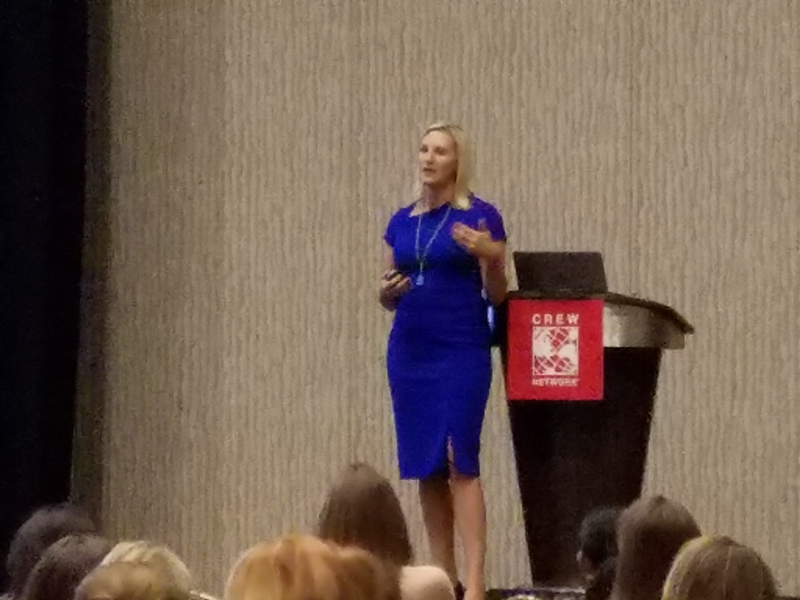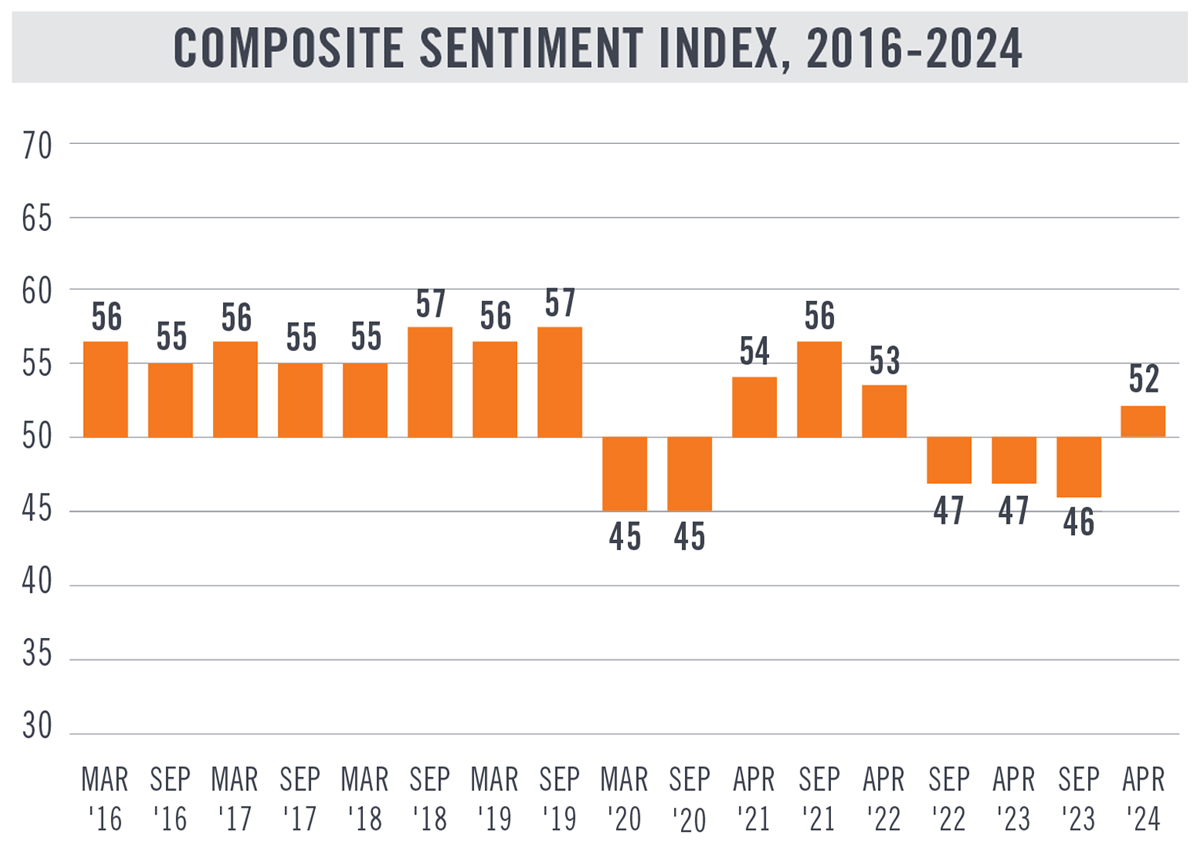Do You Have a Competitive Edge?
Scarcity of talent is a growing difficulty for American businesses. Real estate owners and operators are in a unique position to help out—and benefit in the process, affirmed Spencer Levy and others during CREW Network's 2017 convention.
By Suzann D. Silverman
“We’re not in the real estate business, we’re in the talent business,” declared Spencer Levy during CREW Network’s 2017 convention in Houston last week. The Americas head of research & senior economic advisor for CBRE, a keynote luncheon speaker, identified scarcity of talent as one of the biggest issues in American business today. Those real estate providers able to contribute to creation and attraction of talent will have a competitive advantage, he declared.
Colleague Laura Sidney, director of client strategy for CBRE Labor Analytics, expounded on that concept later in the day, affirming that a real estate provider who understands what it takes for a corporate client or potential tenant to become the employer of choice will be highly valued. She pointed to the financial technology revolution, which has resulted in limited supply and increased demand for talent. Locating in the right place for such a growth industry and marketing that availability to companies within that industry can be well worth the effort.
Sleeper Markets
Fellow panelist Mitchell Rudin, vice chairman of Mack-Cali Realty Corp., offered as an example the case of Jersey City, N.J., a city that does not receive recognition as a technology market—and in fact isn’t even talked about much at all—and yet houses the highest concentration of technology workers in the New York City metropolitan region. Identifying such opportunities for investment may be an important key to success.
Other sleeper growth markets for talent, according to Sidney, include Las Vegas, New Orleans and Charlotte, N.C.
But following the talent pool isn’t enough. To differentiate your building from your neighbor’s, think about the end user experience, advised Karen Whitt, president of U.S. investor services & project management and real estate management services for Colliers International, during the Distinguished Leaders Roundtable on the convention’s opening night. Her definition of “end user” isn’t the tenant company as a whole but the individual user. Specialized services such as an app that allows them to order lunch in advance and skip the line, for instance, can change their experience so significantly that it attracts a potential tenant’s attention. Long a focus in the multifamily space, she said, this level of service is now spreading into the office sector.









You must be logged in to post a comment.